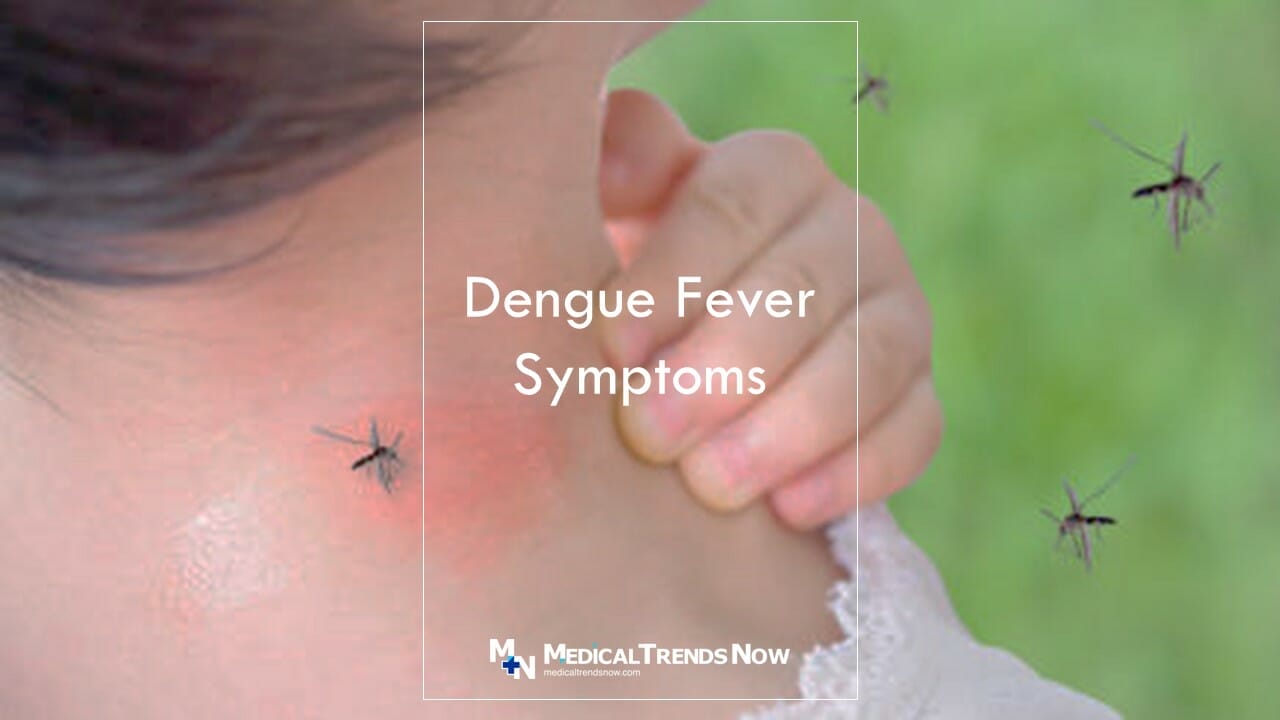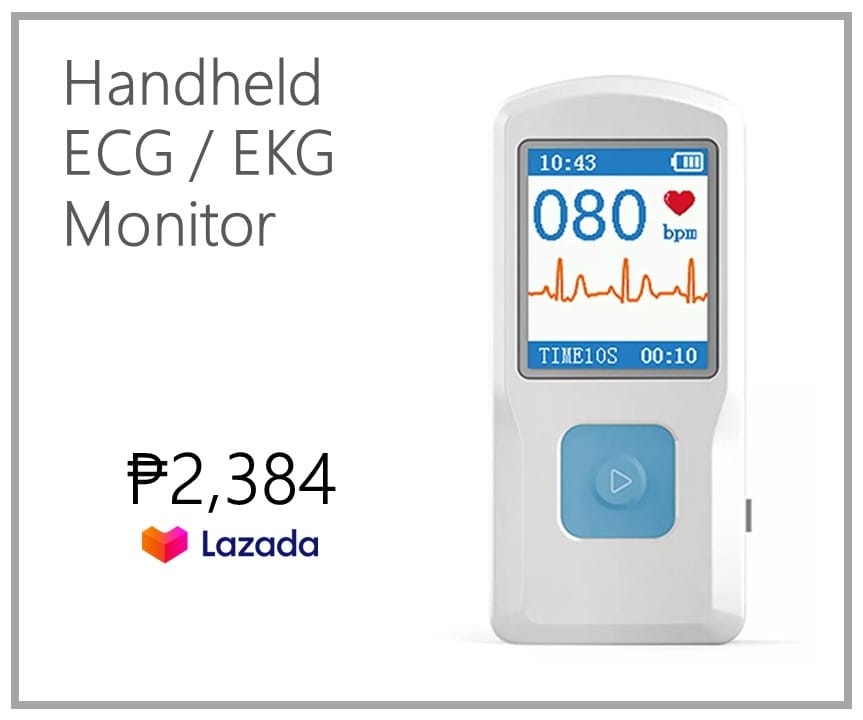Table of Contents
Dengue fever can cause severe flu-like symptoms, and in some cases, dengue fever can lead to death. The illness is most commonly found in tropical and subtropical areas such as the Philippines. The disease is caused by the dengue virus and is transmitted by the Aedes aegypti mosquito.
There is no specific treatment for dengue fever, but there are steps that can be taken by Filipinos to relieve symptoms and prevent the disease from spreading.
Dengue Fever Symptoms That Filipinos Need to Know
Dengue fever is a disease that is caused by a virus. The virus is transmitted by mosquitoes. The disease is found in tropical and subtropical areas of the world. The symptoms of dengue fever include:
- Fever
- Severe and long painful headache
- Pain behind the eyes
- Muscle and joint pain
- Rash
- Nausea
- Vomiting
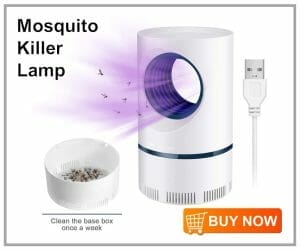
Dengue fever can be a mild or severe illness. In severe cases, it can lead to death. There is no specific treatment for dengue fever. Treatment focuses on relieving the symptoms.
Severe Dengue Symptoms and Signs
Typically, a patient will enter what is referred to as the critical period between three and seven days after the commencement of their disease.
During the critical phase, which lasts for 1 to 2 days, a small percentage of Filipino patients may have a dramatic deterioration in their symptoms.
The patient’s temperature has dropped below 38 degrees Celsius, which is the point at which the warning signals associated with severe dengue can become apparent.
A potentially fatal complication of severe dengue is plasma leaking, fluid accumulation, respiratory difficulty, severe bleeding, or organ dysfunction. These symptoms can occur as a result of severe dengue.

The following are some of the warning indicators that doctors in the Philippines should look out for:
- Tremendous stomach ache
- Recurrent vomiting
- Rapid and irregular breathing
- Symptoms of liver enlargement include weariness, restlessness, bleeding gums or nose, and blood in vomit or stool.
Suppose Filipino patients exhibit these symptoms while they are in the critical phase. In that case, it is imperative that they be closely observed for the following 1-2 days so that appropriate medical care may be delivered. This will help prevent complications and the possibility of death.
During the phase in which the Filipino patient is convalescing, close surveillance should also continue.

The diagnosis of dengue fever: How is dengue detected in a blood test?
Because the signs and symptoms of dengue fever are so similar to those of other diseases, such as chikungunya, the Zika virus, malaria, and typhoid fever, diagnosing dengue fever can be a challenge.
The Filipino patient’s travel and medical history will most likely be inquired about by the attending Filipino physician.
Be careful to provide specific information regarding any overseas travel you’ve done, including the dates of your trips, the countries you visited, and any experiences you may have had with mosquitoes.
In addition, your Filipino physician may take a blood sample from you to have it analyzed in a laboratory for possible signs of infection with one of the dengue viruses. Your infectious disease doctor in the Philippines may also order blood tests to check for the presence of the dengue virus.

In some cases, imaging tests such as CT scans or X-rays may be used to rule out other conditions with similar symptoms.
How is dengue detected in a blood test?
There are two types of blood tests that can be used to detect dengue: the ELISA test and the RT-PCR test.
The ELISA test looks for antibodies that the body produces in response to the dengue virus.
The RT-PCR test detects the genetic material of the virus itself. Both tests are typically performed on a sample of blood taken from a patient’s arm.
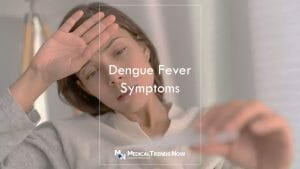
What is the treatment for dengue fever?
Dengue fever is a viral infection that is transmitted by mosquitoes.
The most common symptoms of dengue fever are fever, headache, nausea, vomiting, and muscle and joint pain.
There is no specific treatment for dengue fever, and the best way to prevent it is to avoid mosquito bites.
There are some steps that can be taken to relieve the symptoms of dengue fever, such as taking over-the-counter pain relievers and drinking plenty of fluids.

YES
According to WHO, acetaminophen and paracetamol are the two medications that work best to alleviate these symptoms.
NO
Avoid taking non-steroidal anti-inflammatory drugs (NSAIDs) like ibuprofen and aspirin. These NSAIDs medications reduce inflammation.
Because NSAIDs are anti-inflammatory medications that work by thinning the blood, taking them alongside a condition that already has a risk of bleeding could make the prognosis worse.
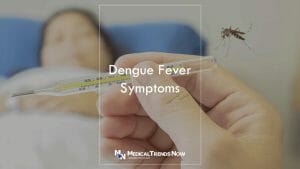
Which Mosquito Can Spread Dengue?
The Aedes aegypti mosquito is the primary vector for the transmission of dengue fever.
The virus that causes dengue is acquired when the mosquito feeds on the blood of an infected person. The virus then multiplies within the mosquito’s body and is passed on to other Filipinos when the mosquito takes its next blood meal.
Dengue fever is a tropical disease that is caused by a virus. The virus is transmitted to humans by mosquitoes.
Dengue fever can cause severe flu-like symptoms, including high fever, headache, muscle and joint pain, and rash. In severe cases, dengue fever can lead to death.
There is no specific treatment for dengue fever, and there is no vaccine to prevent it.
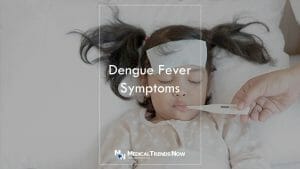
Who is most at risk for dengue fever?
Dengue fever is a disease caused by a virus that is transmitted by mosquitoes. It is a leading cause of death in many tropical and subtropical countries like the Philippines.
The World Health Organization (WHO) estimates that there are 50-100 million dengue infections each year. Dengue fever is most common in Filipino children under the age of 15. However, adults in the Philippines are also at risk for the disease.
Filipinos who live in or travel to areas where mosquitoes are present are at risk for dengue fever.
There is no specific treatment for dengue fever, so it is important to take steps to prevent mosquito bites. WHO recommends that people living in or traveling to areas with dengue fever take steps to prevent mosquito bites.

2019 was the year that saw the highest number of dengue cases ever reported across the world.
On its own, the American region recorded 3.1 million cases, of which more than 25,000 were considered to be severe.
Even with such a concerningly high case count, the number of fatalities attributable to dengue was lower than it was the year before.
In Asia, the countries of Bangladesh (101,000 instances), Malaysia (131,000 cases), the Philippines (420,000 cases), and Vietnam (320,000 cases) recorded the highest numbers of cases.
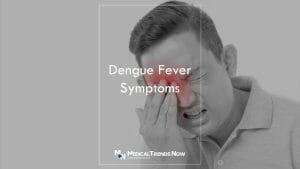
How can Filipinos prevent dengue fever?
Dengue fever is a potentially deadly mosquito-borne illness that is endemic in many tropical and subtropical countries. There is no specific treatment for dengue fever and no vaccine to prevent it, so the best way to avoid the disease is to prevent mosquito bites.
There are several things Filipinos can do to reduce their risk of being bitten by mosquitoes:
- Use mosquito repellent regularly, especially during peak mosquito-biting hours (dawn and dusk).
- Wear long-sleeved shirts and pants when outdoors.
- Stay in air-conditioned or well-screened rooms as much as possible.
- Sleep under a mosquito net if you are unable to avoid sleeping outdoors.
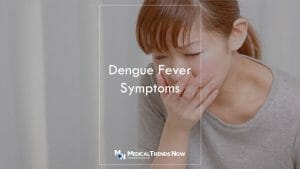
What are the 4 types of dengue fever?
There are four different types of dengue virus, and each one can cause a different type of dengue fever. The four types of dengue fever are:
1) Classical dengue fever: This is the most common type of dengue fever. Symptoms include high fever, severe headache, severe pain behind the eyes, muscle and joint pain, and rash. These symptoms usually last for about 2-7 days.
2) Dengue hemorrhagic fever: This type of dengue fever is more severe than classical dengue fever. Symptoms include high fever, bleeding from the nose or gums, easy bruising, and petechiae (tiny red dots on the skin). These symptoms usually last for about 3-10 days.
3) The third type is Dengue Shock Syndrome, which is the most severe form of the disease and can also be fatal. It includes symptoms from both dengue fever and dengue hemorrhagic fever. Symptoms can vary among people.
4) The fourth type of dengue is dengue hemorrhagic fever with thrombocytopenia syndrome. This type of dengue fever is a severe form of dengue with symptoms from both the first and second types.

The Four Dengue Virus Serotypes: DENV-1, DENV-2, DENV-3, DENV-4,
Dengue fever is a mosquito-borne illness caused by one of four dengue viruses (DENV-1, DENV-2, DENV-3 or DENV-4). All four viruses are similar, but there are some key differences between them.
DENV-1 and DENV-2 are the most common types of dengue virus, responsible for the majority of dengue cases worldwide. Both viruses can cause severe dengue fever, but DENV-1 is more likely to result in fatal cases.
DENV-3 and DENV-4 are less common than DENV-1 and DENV-2, but they can still cause serious illness. Dengue fever caused by these viruses is typically less severe than that caused by the other two viruses.
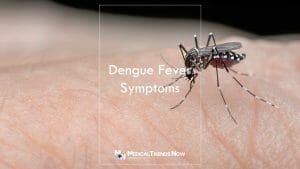
Summing Up: Dengue Fever Symptoms That Filipinos Need to Know
Dengue fever is a serious health concern in the Philippines. We have discussed the symptoms that Filipinos need to know in order to protect themselves and their families from dengue. Please follow them to protect yourself and your loved ones.
Dengue fever is a mosquito-borne illness that can be fatal if not treated properly. Dengue symptoms and signs include high fever, severe headaches, muscle, and joint pain, and rash. If you suspect you or a loved one has dengue fever, it is important to seek medical help immediately.

There is no specific cure for dengue fever, but early detection and treatment are critical. There are several things you can do to prevent dengue fever, including using insect repellent, wearing long sleeves and pants, and staying indoors during peak mosquito hours.
In conclusion: Dengue fever is a viral infection that is transmitted by mosquitoes. It is a leading cause of death in many tropical and subtropical countries like the Philippines.
The symptoms of dengue fever can range from mild to severe and can include fever, headache, muscle, eye pain, and joint pain, nausea and vomiting, rash, and bleeding. Early diagnosis and treatment of dengue fever are essential to prevent serious complications.
If you have the symptoms of dengue fever, please immediately visit the nearest hospital or call your Filipino family doctor.
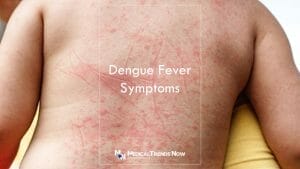
Sources: Dengue Fever Symptoms
- Why Is the Study of Dengue Fever a Priority for NIAID? National Institute of Allergy and Infectious Diseases (NIAID)
- Dengue | Department of Health website – DOH
- About Dengue: What You Need to Know – CDC
- Disease Burden of Dengue in the Philippines – NCBI
- Dengue and severe dengue – World Health Organization (WHO)
- Dengue Fever: Causes, Symptoms & Treatment – Cleveland Clinic
- Dengue – NHS

